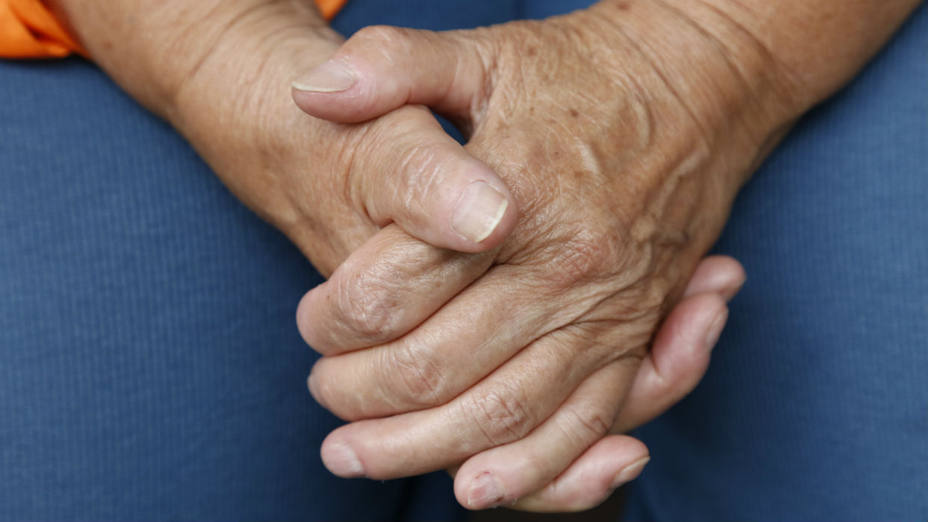According to the annual survey on global health prepared by the World Health Organization (WHO), life expectancy in Venezuela is 74.1 years

Venezuelans’ life expectancy might be decreasing. Malnutrition resulting from shortages and high food prices has predisposed an entire generation to suffer more heart conditions, diabetes, obesity, and some types of cancer, Pablo Hernández, nutritionist-dietologist and researcher from the Venezuelan Health Observatory (OVS ), warns.
According to the annual survey on global health prepared by the World Health Organization (WHO), life expectancy in Venezuela is 74.1 years; however, this figure could drop over the upcoming years.
The researcher explains that, even though today no statistical estimates on the number of years Venezuelans could live in the future are available, some indicators suggest that future generations will live less than the current ones.
Concretely, “the generation that is presently growing is expected to die younger than their parents,” Hernández states and adds that people undergoing the shortage situation will get sick more frequently in the future and shall be at a higher risk of dying at a young age.
Hernández stresses that the first thousand days of life are fundamental foot the development of any human being. “And if during those first three years of life, including pregnancy, people do not have a balanced diet or lack vitamins and minerals, they will not develop properly because they will have some limitations.”
Hernández refers, as an example, that children with lack of iron will not be able to fully develop their cognitive and physical abilities, because they will be prone to develop anemia, a disease that will stop them from properly performing in their everyday lives.
Chronic illnesses
Hernández, who is also a professor of Human Nutrition at the Central University of Venezuela (UCV), warns that a diet like the current one, which is rich in hydrocarbons that are subsequently transformed by the body into sugars, is highly risky, because malignant cells, in the case of cancer, for example, nurture with and multiply thanks to these substances.
The nutritionist remembers the connection between fat-rich diets and the development of cancer of pancreas, bowel, colon or gastrointestinal tract in general, as well as the incidence of smoking on lung cancer, alcohol on liver cancer, and the high consumption of industrial meet by-products on esophagus, gastrointestinal tract, breast and prostate cancer.
Diets mostly based on hydrocarbons like mango, yucca and plantain do not help control blood sugar levels, because since they are not metabolized, they tend to increase the risk of overweight, obesity and diabetes,” the OVS’ researcher points out.
Another risk are diets with a high content of sodium (salt), such as those based on stews, sauces and dry soups, which directly influence the increase of blood pressure and hypertensive conditions.
Hernández warns that the shortage of medicines and other products renders health care more difficult, thus leading to an increase in both emerging diseases (zika) and re-emerging diseases (dengue fever). “The more you get sick the shorter your life expectancy.”
Shortage of medicines
The shortage of medicines may result in an increase in mortality. Therefore, according to Hernández, the Venezuelan government should accept the humanitarian aid, “because we definitely don’t have the industrial infrastructure required to address those demands and need foreign support to meet today’s demand.”
Lack of personal security
Crime also plays a significant role, because yearly crime reports show that deaths related to hypertension, diabetes and heart infarction as well as those from homicides increase in tandem, specially affecting young adults. “The consequence of all this is that reaching the same age at which their parents died will be very difficult for future generations,” professor Hernández ends.













